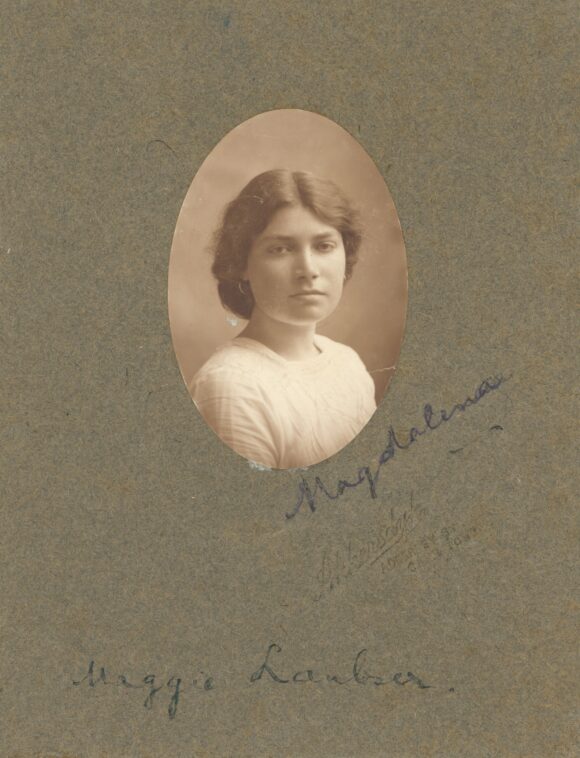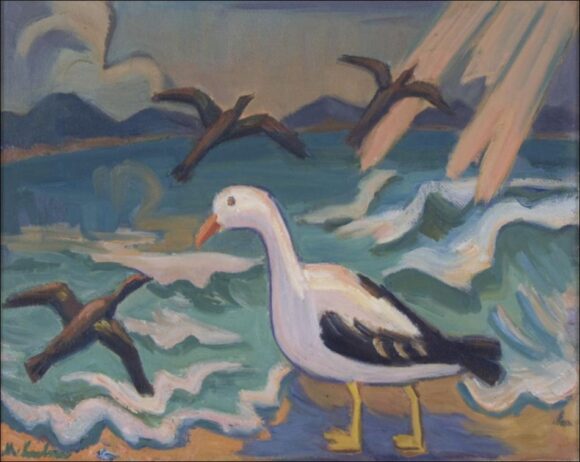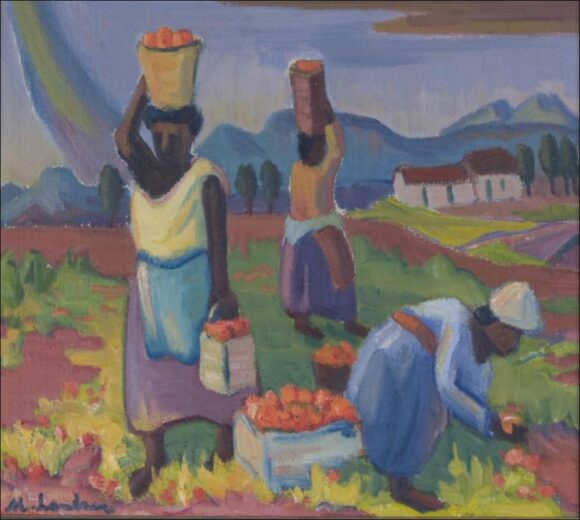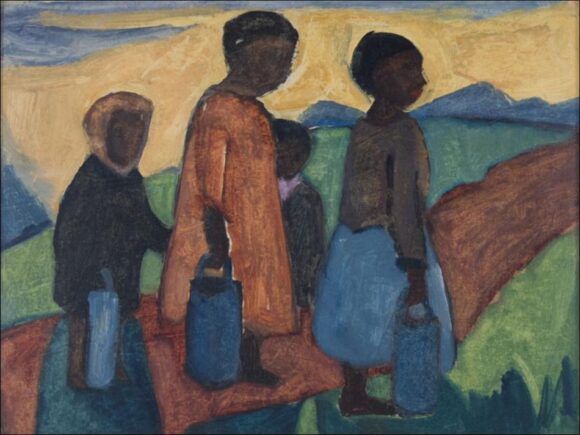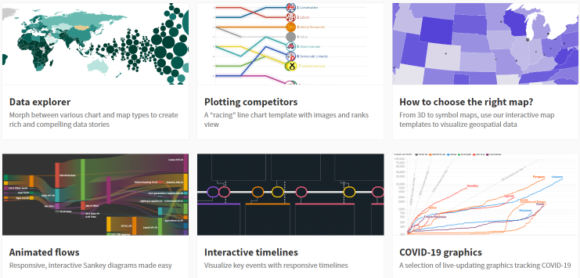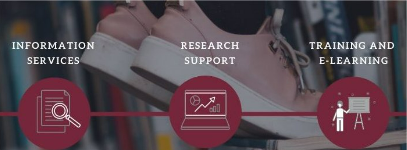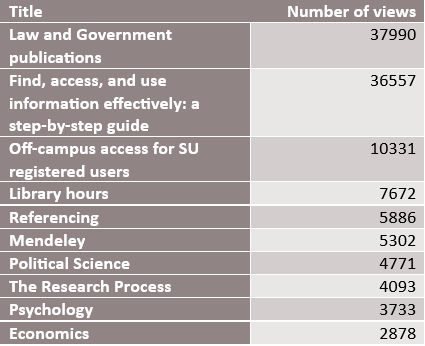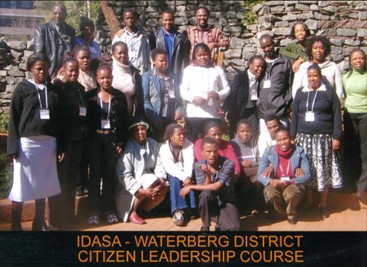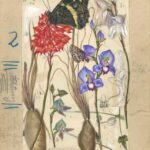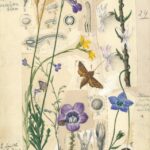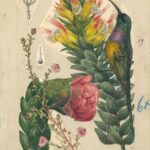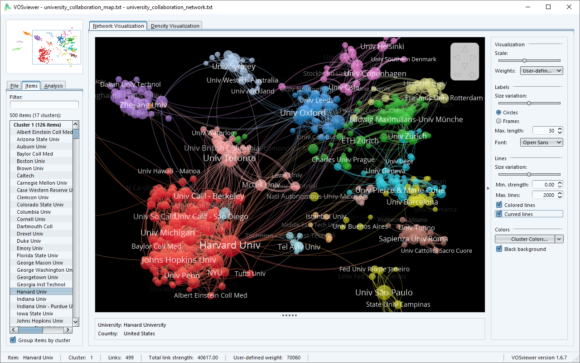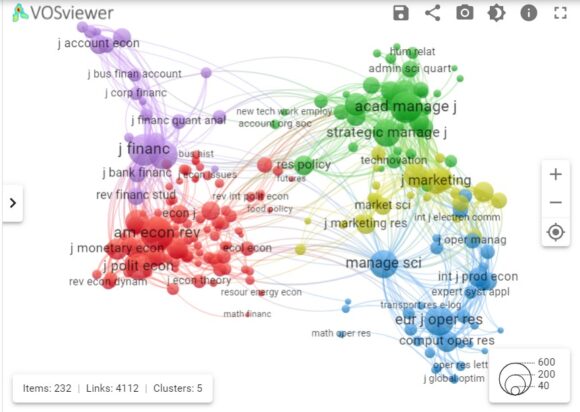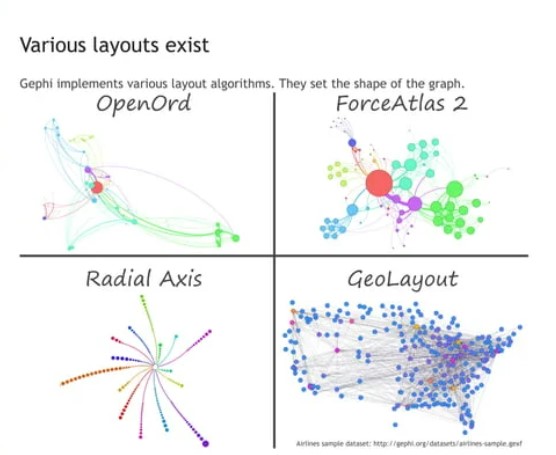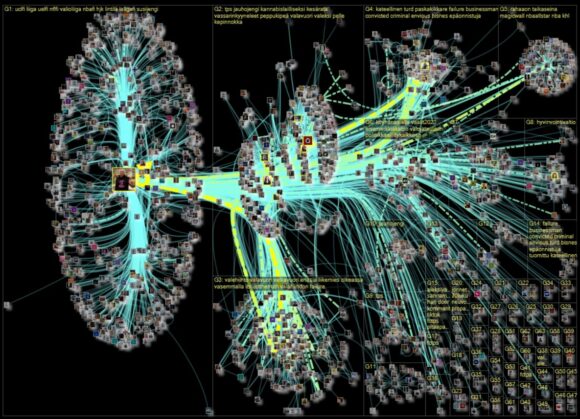It is a great pleasure to update you on the new OA publishing agreements signed with publishers. In the past two years, the Library and Information Service has signed agreements with a number of publishers that offer discounts on article processing charges (APCs) or, in some cases, allow authors to publish OA without paying (APCs). In 2023, over 4 400 hybrid journals and 550 fully OA journals have been added to the list of journals where SU authors can publish fully OA without APCs, bringing the total to more than 7 300 hybrid journals opened up as a result of transformational agreements. What this means is that in 2023, South African authors can now publish fully OA without APCs in more than half of all subscription journals that member institutions subscribe to!
We would like to encourage researchers to use these publishing options to enhance the visibility of SU research as well as to raise the research profile of the University.
The Library has signed new OA (Read and Publish) agreements with the following publishers for 2023 – 2025:
American Chemical Society (ACS)
This is a three-year read and publish agreement (2023-2025) for the ACS All Publications package. The agreement includes continued read access to over 75 journals in the ACS All Publications package as well as unlimited open access publishing in the ACS hybrid journals.
There is no limit on the number of articles that can be published open access in the ACS hybrid journals. For gold open access journals (the ACS Au journals), a flat $3 000 article processing charge (APC) applies. The exception is ACS Omega, for which the APC is already heavily discounted.
IOP Science Extra
Read access is provided to over 70 scholarly journals, including the renowned Journal of Physics series, back to 1874. Publishing is unlimited in IOP’s hybrid and gold OA journals. However, there are a few titles where the IOP is contractually prevented from offering open access publishing.
Oxford Journals
The Oxford Journals collection features 376 scholarly and authoritative journals published in collaboration with several professional societies. Current subscriptions include access back to 1996. Publishing is unlimited in all eligible hybrid journals and a 10% discount on article processing charges in Gold Open Access journals.
ScienceDirect
This is a three-year (2023-2025) read and publish agreement with Elsevier for the ScienceDirect Freedom Collection. The offer includes capped hybrid OA publishing without article processing charges (APCs). The article entitlement for the above in 2023 is 2221 nationwide. The agreement also includes a 15% discount on Gold Open Access titles.
Also included is a developmental programme to support growth and development in the South African research community. You can read about the agreement here: https://www.elsevier.com/open-access/agreements/south-africa
SpringerNature
This is a three-year transformational read and publish agreement (2023-2025) for the Springer Compact collection, which includes all hybrid and closed journals in Springer, Adis, Palgrave and Nature Academic journals. No APCs are payable for publishing in these titles. Fully open access Springer Nature journals, including BioMed Central (BMC) journals and Nature Research Journals, are excluded from this agreement. However, submissions under the University’s affiliation will grant researchers a 15% discount on the APCs for BMC, Springer Open and Palgrave Macmillan Open titles.
For a full title list of SANLiC Read and Publish agreements, please click the link below:
https://sanlic.org.za/wp-content/uploads/2023/02/All_ReadandPublish_Titlesupdated27-02-2023.pdf
For more information about the publishers and to view titles eligible for OA publishing, please visit https://libguides.sun.ac.za/OApublishing.
Summary of read and publish agreements to date:
| Agreements |
Agreement status |
Journal count |
Duration |
| ACM Open |
In effect |
55 |
2021-2023 (3-year) |
| Cambridge University Press |
In effect |
403 |
2021-2024 (4-year) |
| The Royal Society of Chemistry |
In effect |
10 |
2021-2023 (3-year) |
| Wiley |
In effect |
1 681 |
2022-2025 (4-year) |
| Sage Premier |
In effect |
1 116 |
2022-2024 (3-year) |
| Emerald e-journals |
In effect |
310 |
2022-2024 (3-year) |
| American Chemical Society |
In effect |
63 |
2023-2025 (3-year) |
| IOPscience extra |
Concluded and signed |
102 |
2023-2025 (3-year) |
| Oxford journals online |
Concluded and signed |
390 |
2023-2025 (3-year) |
| ScienceDirect |
Concluded and signed |
1 820 |
2023-2025 (3-year) |
| Springer |
Concluded and signed |
2 070 |
2023-2025 (3-year) |
Enquiries about OA agreements may be directed to the Manager: E-resources, Caretha Nel, at caretha@sun.ac.za or 021 808 4433.
